Education
What is a DAO?
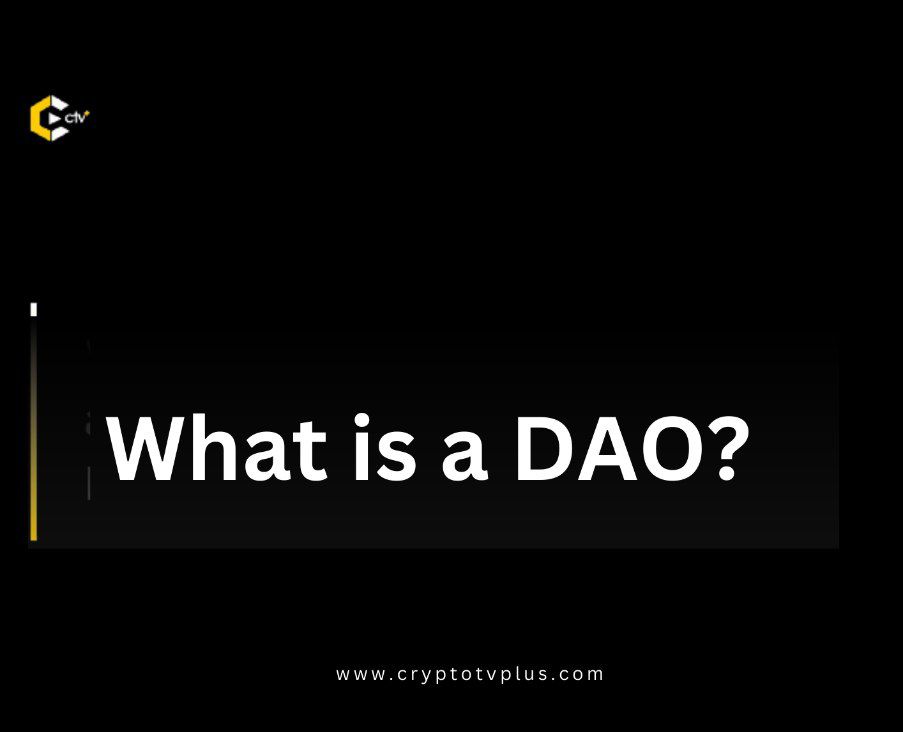
Blockchain technology has led to the emergence of a novel type of organization: the Decentralized Autonomous Organization, or DAO. Essentially, it’s a self-governing entity that exists solely through code on a decentralized network, such as Ethereum.
Compared to traditional organizations that rely on hierarchical decision-making structures, DAOs give power solely to their members. Using smart contracts, transparent voting takes place amongst stakeholders who have an equal say in everything from allocating funds to project development, down to administrative details. This system provides a more inclusive, democratic approach as there are no geographical barriers, making it a truly global community-based system accessible to anyone, anywhere in the world with an internet connection.
A DAO is a decentralized organization run by members through smart contracts. Members hold voting power tokens and can propose changes to the organization, which are transparently voted on through blockchain technology. If a proposal passes, it automatically executes according to the code in its smart contract.
They perform various functions depending on their purpose and design. Some manage funds, while others create new software applications or digital assets. One key advantage is that decision-making processes become more efficient since there are no intermediaries like managers, executives or boards. Everything happens programmatically via consensus among token holders!
DAOs leverage blockchain technology to create community-driven entities that are transparent and democratic. They power decentralized applications like DeFi, prediction markets, and gaming platforms.
However, they face legal, technical, and governance challenges that need addressing before they can reach their full potential. Governance remains a major hurdle, with critical decisions on voting rights and resource allocation needing agreement among stakeholders.
DAOs aim to create transparent, democratic organizations through decentralization. They power decentralized apps including DeFi, prediction markets, and gaming platforms. However, legal, technical, and governance challenges still need to be addressed for DAOs to reach their full potential.
DAOs leverage blockchain technology to create democratic, transparent, and community-driven organizations. They are a new and exciting technology with the potential to revolutionize how entities operate. DAOs can power decentralized apps like DeFi protocols, prediction markets, and gaming platforms where players fully own their game items and can monetize them directly.
While DAO governance structures have enormous potential benefits, their legal frameworks present significant challenges that need to be addressed. Additionally, scalability is a technical issue for many emerging crypto projects. DAOs face governance challenges, such as agreeing on structure and decision-making processes. Members use smart contracts on public blockchains to set agendas and allocate resources towards shared goals, resulting in democratically-managed communities and promoting decentralization.
Read also: What are decentralized applications?



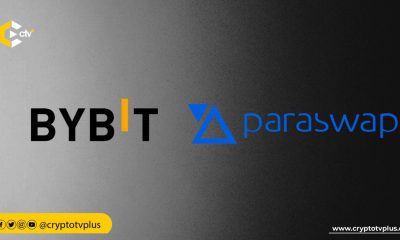

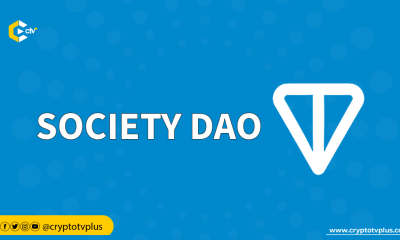

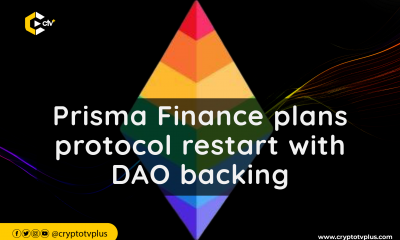

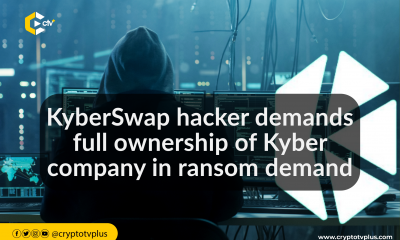

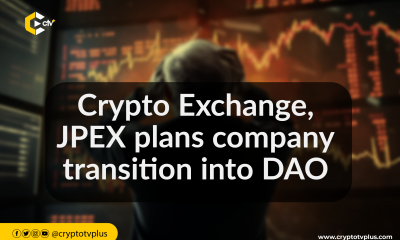

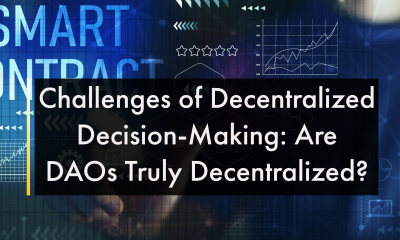











Pingback: What is a DAO? by Marvelous Akpere – CryptoTvplus Events: NFT, DeFi, Bitcoin, Ethereum, Altcoin Events